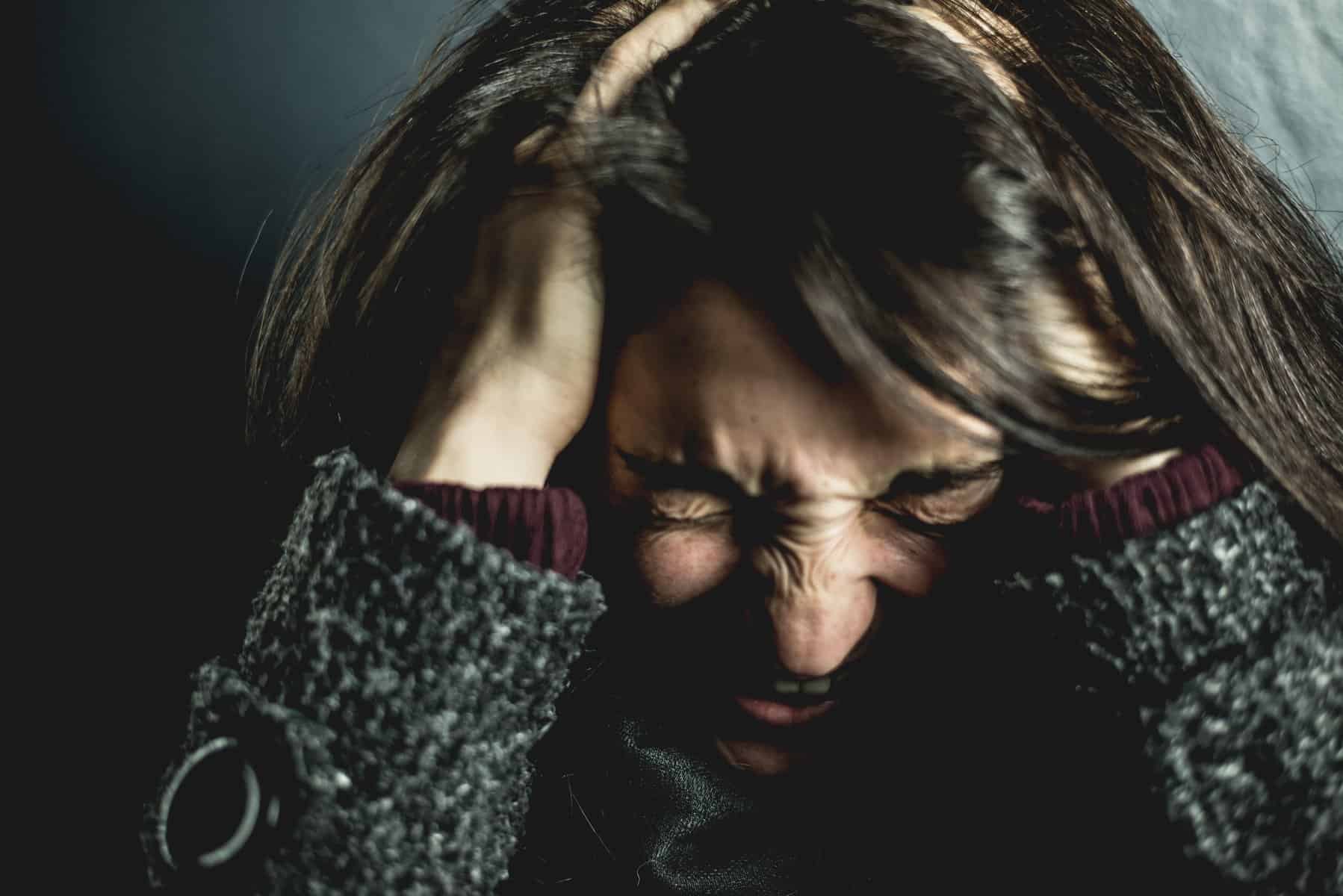What Is Panic Disorder?
If you are one of the millions of people who suffer from panic disorder, then you know how debilitating it can be. Panic disorder is a type of anxiety disorder that causes recurring panic attacks – periods of intense fear or terror that reach a peak within minutes and can last for hours.
Panic disorder can be overwhelming and frightening. Fortunately, with proper diagnosis and treatment, it is possible to manage symptoms and reduce the frequency and intensity of panic attacks. Learning more about the condition is an essential first step in treating it. In this article, I will cover the symptoms, causes, and treatments of panic disorder.
Learn more: What Are Anxiety Disorders?
What Is Panic Disorder
Panic disorder is a mental illness that causes people to experience repeated and unexpected episodes of intense fear. These episodes can often be so severe that they interfere with a person’s daily life.
What Are the Symptoms of Panic Disorder
The symptoms of panic disorder can vary from person to person, but most people experience a combination of physical and psychological reactions. Physical symptoms of a panic attack may include rapid heart rate, sweating, trembling or shaking, feeling short of breath, or chest pain. Psychological symptoms are often related to the fear of losing control, being embarrassed, or being overwhelmed. These symptoms can include a sense of unreality or detachment, fear of dying, intense worry, irrational thoughts, and feelings of impending doom.

What Causes Panic Disorder
The exact cause of panic disorder is not known; however, it is believed to be related to genetics and environmental factors such as stress, trauma, or environmental triggers. Panic disorder may also be caused by biological factors such as changes in the brain structure or chemistry, as well as medical conditions such as thyroid problems or heart problems. Many people with panic disorder have a family history of anxiety disorders, suggesting that genetic factors may play a role in their development.
It is important to note that the severity of panic disorder is not always determined by a single factor. It can be caused by multiple factors, such as genetics, environmental triggers, and other medical conditions.
How Is Panic Disorder Treated
Treatment for panic disorder can involve medications (such as antidepressants or anti-anxiety drugs), psychotherapy (talk therapy), and lifestyle changes. Medications may help by relieving symptoms, while psychotherapy can help people gain skills to manage the disorder. Lifestyle changes can include stress management techniques, such as deep breathing and relaxation exercises, as well as exercise and healthy eating habits.
Treatment for panic disorder may also involve cognitive behavioral therapy (CBT), which is a form of therapy that helps people identify and change negative thought patterns, behaviors, and beliefs that can lead to panic attacks.
In severe cases where medications or psychotherapy alone do not provide adequate relief, a doctor may recommend other treatments such as electroconvulsive therapy (ECT) or transcranial magnetic stimulation (TMS). These treatments are usually reserved for cases where other treatments have not been successful.
The goal of treatment for panic disorder is to reduce symptoms, increase functioning, and help the person lead a more normal life. Treatment is tailored to each individual’s needs and may involve a combination of therapies. It is important that people work closely with their healthcare provider to find the best treatment plan for them.
It is also important to remember that recovery from panic disorder is possible and that with proper treatment, people can live a healthy life without or with less fear or avoidance of certain situations.

How Can You Cope With a Panic Attack
When dealing with a panic attack, it is important to remember that the feeling of fear and dread will eventually pass. It is also helpful to recognize that you are likely not in any danger and that the symptoms you are experiencing are typically harmless (However, if you suspect that you are having a medical emergency, call 911). Additionally, here are some tips for calming yourself during a panic attack:
• Take slow, deep breaths. Inhale slowly for a count of four, hold your breath for a count of two, and exhale slowly for a count of four.
• Distract yourself by focusing on something else. Try to think about something calming or pleasant.
• If you are in a safe place, move around slowly and do some light stretching or exercise.
• Talk to someone you trust and explain what is happening. This can help ground you in the moment and remind you that you are safe.
• If possible, step outside for some fresh air and sunshine. Take a few moments to take in the surroundings, focusing on the sights, sounds, smells, and textures around you.
• Participate in a calming activity like yoga, meditation, or journaling. This can help bring your focus away from the fear and anxiety associated with panic attacks.
Although it can be difficult to manage a panic attack when it occurs, remember that these feelings will pass and you will eventually feel better. With practice, it is possible to reduce the frequency of panic attacks and learn effective strategies for managing symptoms when they do occur. By making lifestyle changes and seeking professional help, you can take control of your anxiety and enjoy a better quality of life.

When Should You Seek Professional Help for Panic Disorder
If you have been experiencing symptoms of panic disorder for an extended period of time and feel like it is impacting your daily life, it is important to seek professional help. A mental health professional can assess the severity of your condition and provide a treatment plan that works best for you. Common treatments include psychotherapy, cognitive behavioral therapy (CBT), and medications. Your doctor may recommend a combination of these approaches to help you manage your symptoms and live a normal, healthy life. In addition, support groups and lifestyle changes can also be beneficial in helping you overcome panic disorder. If left untreated, panic disorder can lead to long-term physical health problems and impair your ability to perform everyday tasks. Therefore, seeking treatment is important to ensure you get the help you need to manage your condition.
Conclusion
Panic disorder is a very serious condition and can cause significant distress if left untreated. Fortunately, with the right treatment plan and lifestyle changes, recovery from panic disorder is possible. It is important to work closely with your healthcare provider to find the best treatment plan for you and to seek professional help if symptoms persist for an extended period of time. Additionally, there are strategies you can use to help manage panic attacks when they occur. By following these tips, it is possible to lead a life without fear or avoidance of certain situations. With the right support and treatment, recovery from panic disorder is achievable.
